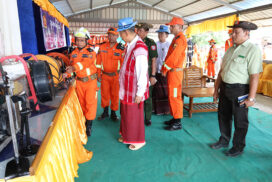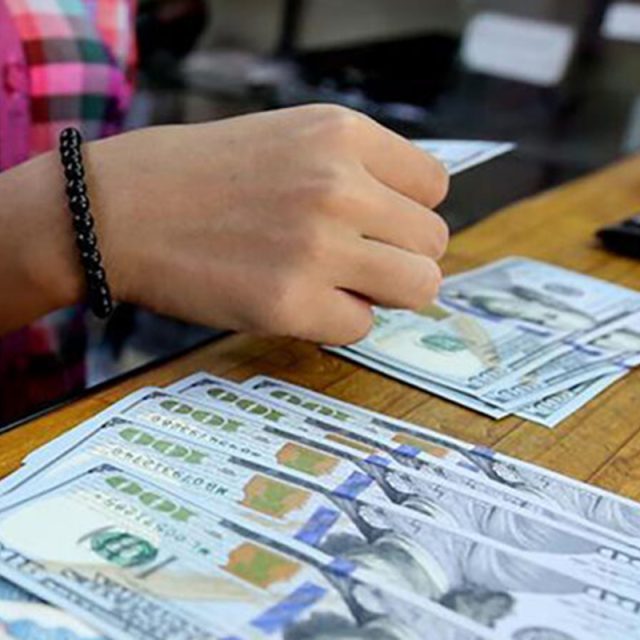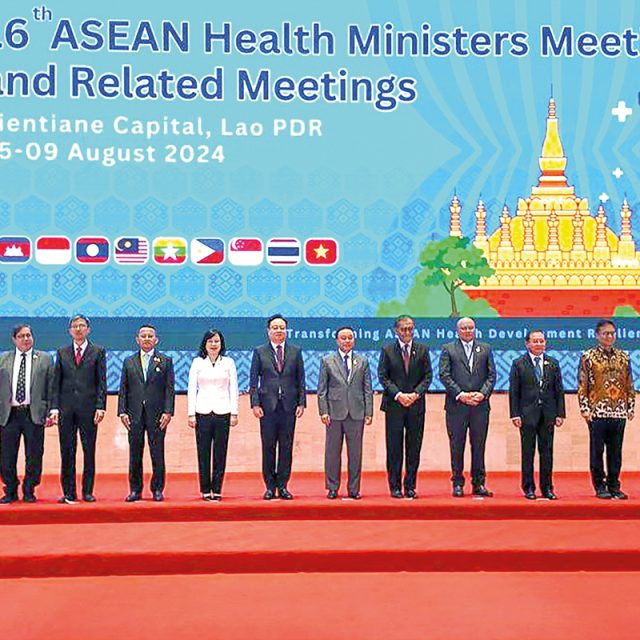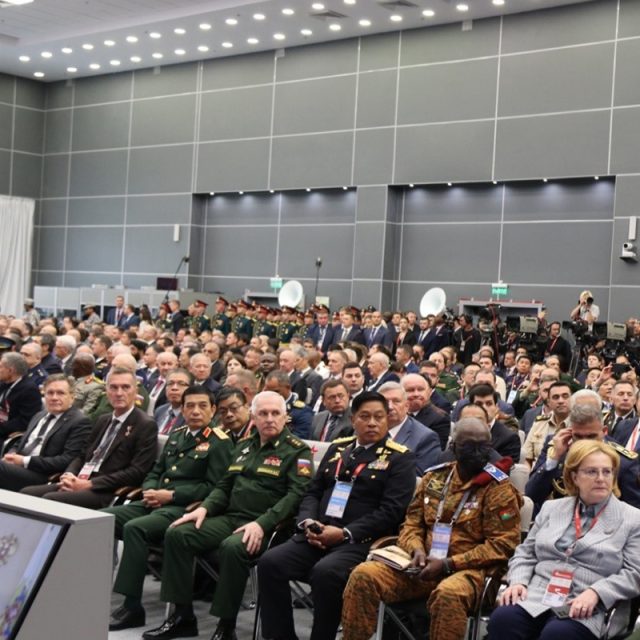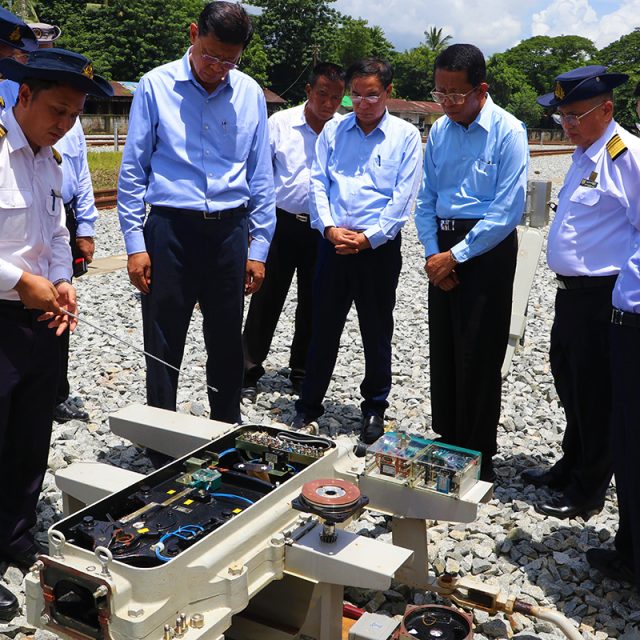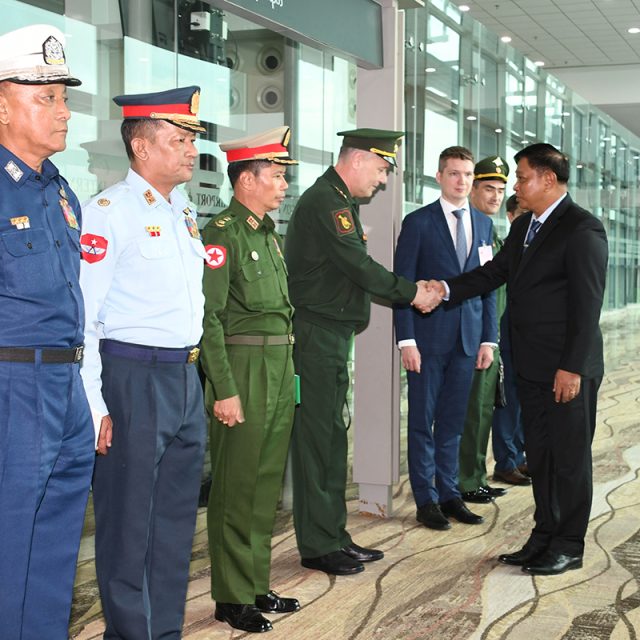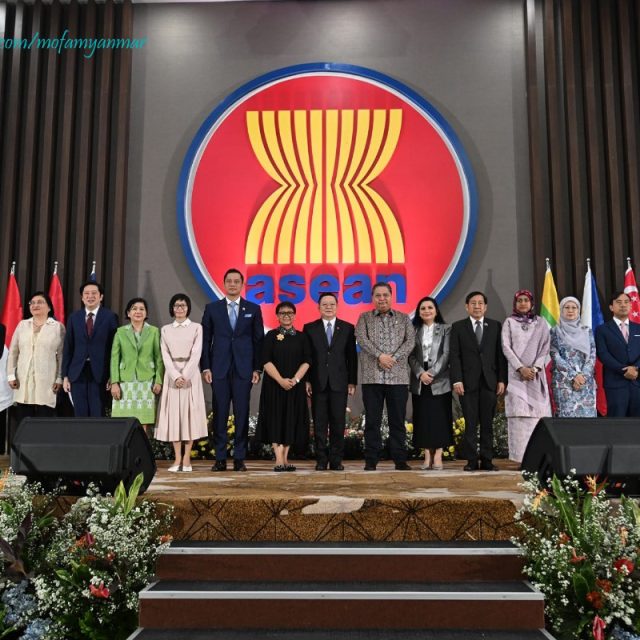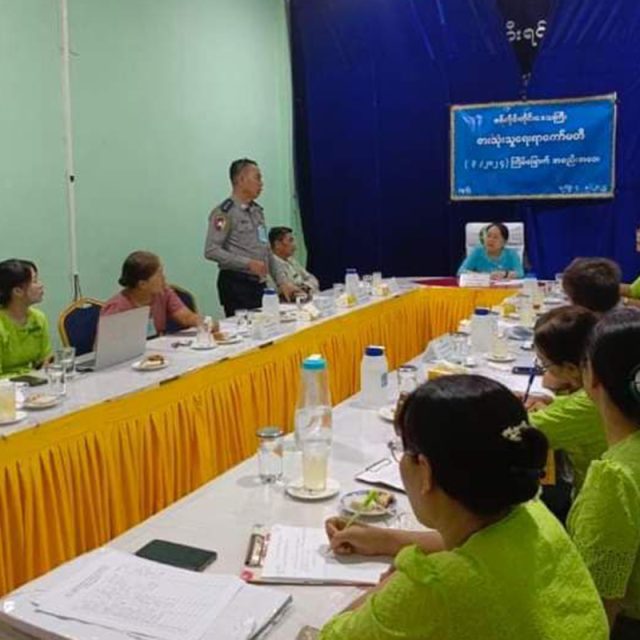On 6 August 1945, the atomic bomb known as “Little Boy” was dropped on Hiroshima, Japan, leading to an immense loss of life and widespread injuries. Just three days later, another atomic bomb was detonated over Nagasaki, resulting in additional catastrophic casualties. The combined death toll from these two incidents is estimated to range between 129,000 and 226,000 people, with countless more suffering from long-term health effects. The survivors faced years of suffering due to radiation exposure and the traumatic aftermath.
These events are etched in global memory for all of humanity. They underscore the devastating consequences of war and have fuelled a global desire for a world free from nuclear weapons. It was a horrific legacy that caused atomic conflict and the need to avoid such destruction.
Since the end of World War II, countries around the world have drawn lessons from the tragedies of Hiroshima and Nagasaki. Efforts have been made to limit, reduce, and ultimately eliminate nuclear weapons. There have been ongoing calls to halt nuclear testing and to strengthen global non-proliferation efforts. The United Nations has played a crucial role in promoting these initiatives, emphasizing the need for international cooperation to prevent the spread of nuclear weapons.
However, despite these efforts, the number of nuclear weapons globally has continued to rise, driven by the competitive dynamics among powerful nations. The Stockholm International Peace Research Institute (SIPRI) reported that the number of nuclear warheads held by powerful countries is projected to reach 12,121 by January 2024. This growing stockpile of nuclear weapons poses a constant threat to global security.
The potential consequences of nuclear proliferation are underscored by historical incidents. The continuing accumulation of nuclear weapons heightens the risk of catastrophic events that could have devastating consequences for the entire world. As such, the need for renewed global commitment to nuclear non-proliferation and disarmament has never been more urgent.
In fact, terrible lessons should be taken from the impacts of the misuse of nuclear power because past incidents are still posing threats to the world today. Nuclear weapons from a handful of powerful countries are threatening the world due to sparking geopolitical tensions. So, the United Nations organized all global countries, including powerful countries, to follow the provisions of the nuclear non-proliferation treaty. Only when they all follow these provisions will the whole world be peaceful and the people of the world be free from devastating consequences.
Raise nuclear non-proliferation activities worldwide
- August 11, 2024
- 13



